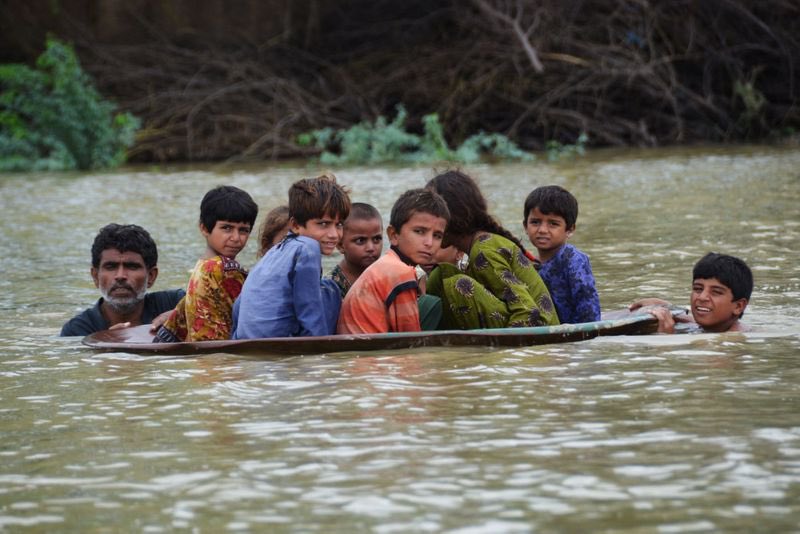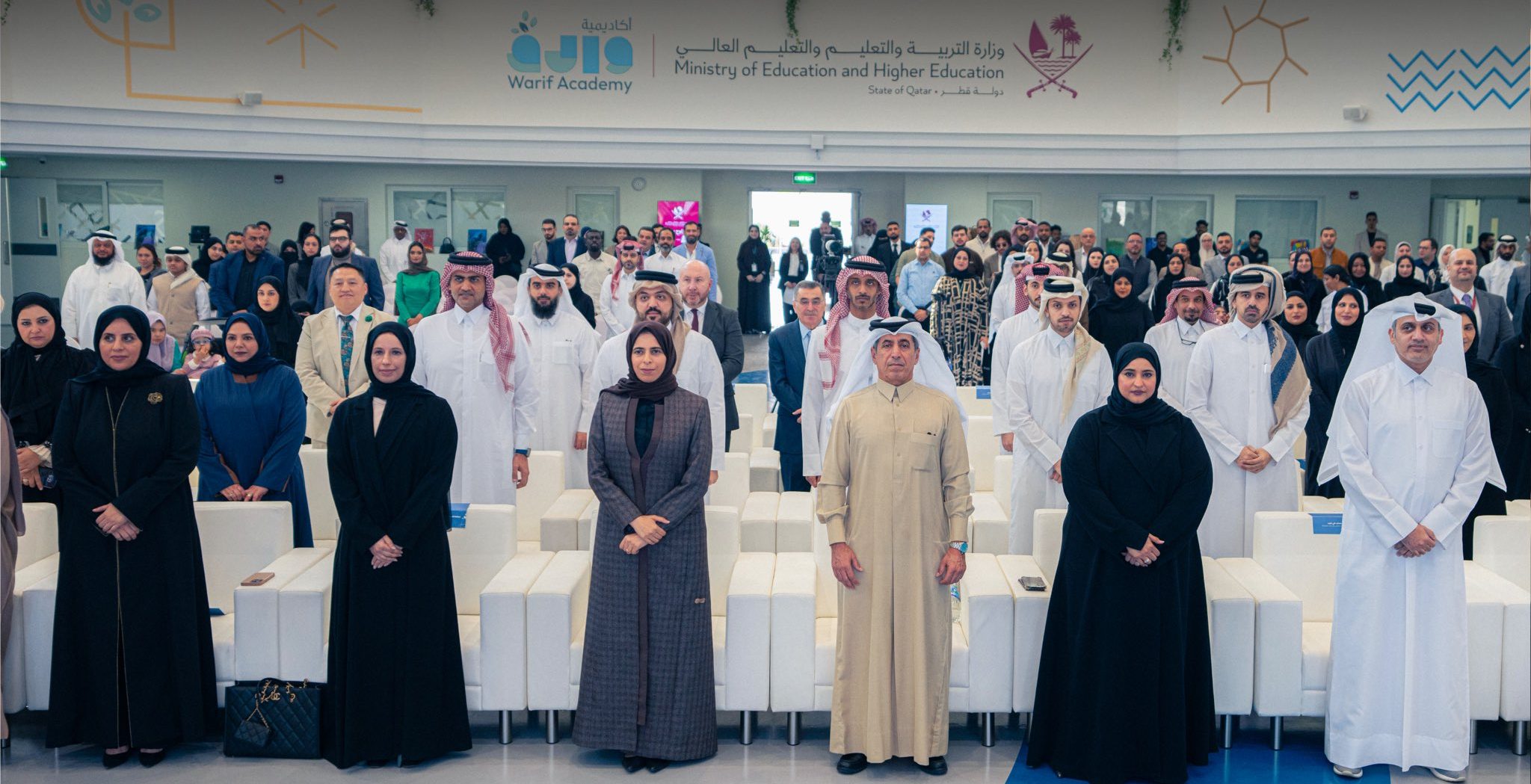Since the onset of the monsoon season on 25 June this year, a total of 196 lives have been lost, with 283 people sustaining injuries.
Qatar Charity has stepped up to assist 617,594 individuals, including Afghan refugees, who were severely affected by the devastating 2022 Pakistan floods.
This year-long assistance programme included the extra necessary needs including water, sanitation, and hygiene (WASH), healthcare, food, and shelter.
Operated through Qatar Charity’s Islamabad office, this massive relief effort reached 18 districts spread across four Pakistani provinces, such as Balochistan, Sindh, Khyber Pakhtunkhwa, and Punjab.
“Pakistan had faced a devastating flood on a large scale, which has caused thousands of deaths, damaged thousands of houses, and demolished basic infrastructures, including schools and hospitals,” Ameen Abdulrahman, the director of Qatar Charity’s Pakistan office.
“Thanks to the donations of the benefactors in Qatar, Qatar Charity contributed to aiding more than 617,000 affected people. The flood-affected communities still need assistance in the areas of WASH, income generation, health, and shelter,” he added.
The relief operation included the distribution of 39,140 food packages, providing the vitals to nearly 273,980 individuals who had been grappling with food insecurity in the wake of the catastrophe.
In an effort to maintain personal hygiene, Qatar Charity distributed 5,000 family-sized hygiene kits, benefiting 35,000 people.
As for shelter, the charity organisation focused on delivering 6,590 tents alongside tarpaulin sheets in Balochistan, Sindh, and Khyber Pakhtunkhwa, extending much-needed refuge to 46,130 individuals.
Pakistan 2023 monsoon season witnessed intense rainfall, which triggered flash floods in the northern regions of Khyber Pakhtunkhwa, as well as in Upper and Lower Chitral, along with the southern districts of Balochistan in Kharan, Washuk, and Panjgu.
Local authorities report that approximately 2,000 mud houses have been swept away by the floods, leading to the displacement of 25,000 individuals and their livestock to higher ground in the Khairpur district.
Other affected areas in Sindh include Dadu, Shaikarpur, Larkana, Jacobabad, and Ghotki.
Since the onset of the monsoon season on 25 June this year, a total of 196 lives have been lost, with 283 people sustaining injuries. 3,586 homes have also been damaged, and approximately 550 livestock animals have been wrecked in various monsoon-related incidents across the country.
2022 monsoon
The 2022 monsoon alone affected 33 million people and forced more than eight million displaced people to face a health crisis. Some 1,739 people have died in the natural disasters, which have been linked to stronger than usual monsoon rains as well as glaciers melting after a severe heat wave.
The 2022 monsoon floods pushed an estimated 9.1 million people into poverty, the World Bank Water reported.
At the time, the first flight of the Qatari air bridge was carried out by the Gulf country in September 2022 in a bid to combat the dire effects of the flood.
A team from Qatar’s Internal Security Force (Lekhwiya), equipped with specialised mechanisms for search and rescue operations, as well as a medical team with integrated medical equipment to establish field hospitals to support those in need in flood-affected areas, were present onboard the first flight.
The Qatari air bridge also carried pumps and tailored machinery to transfer relief supplies and remove water. Qatar also contributed $25 million to help Pakistan navigate through a deadly flood disaster, it announced back in January 2023.
‘Climate change and colonial lines’
The floods have prompted many to speak out on the issues of climate change and the major role countries play in exacerbating the looming process.

“Climate change is a global justice issue. Rich countries like our own pump out massive levels of carbon emissions, while poor countries like Pakistan have to pay for it. With their crops, their homes, their lives,” Mehdi Hassan said on Twitter for MSNBC.
Although it is responsible for just less than 1% of global carbon emissions, Pakistan is currently the foremost country battling with the climate crisis.
Since 1959, Pakistan has been contributing 0.4% to the world’s historic greenhouse gas emissions. On a global level, the United States accounts for 21.5% while China is responsible for 16.5% and EU countries make up 15%.
“Climate breakdown is playing out along colonial lines,” an expert wrote on Twitter.







